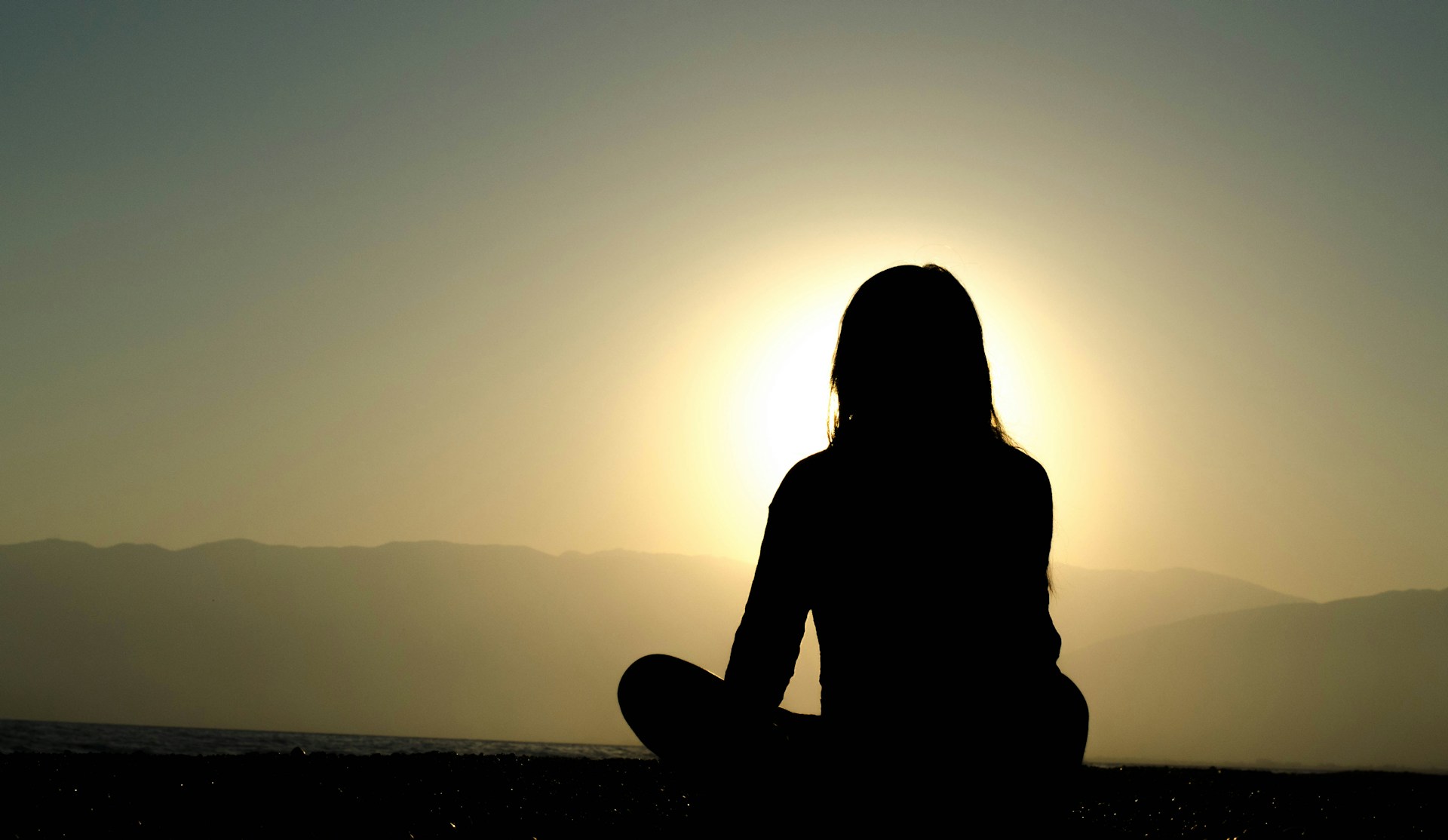Meditation is a practice deeply rooted in many cultures, offering numerous benefits such as stress reduction, enhanced concentration, and improved mental well-being. While meditating outdoors under the sun can amplify these benefits by connecting us to nature, it’s essential to approach this practice with caution to avoid potential health risks.
Meditating under the sun might seem idyllic—imagine the gentle warmth on your skin, the sound of leaves rustling in the breeze, and the feeling of being grounded in the earth. However, prolonged exposure to direct sunlight carries risks, particularly during peak hours. One of the most significant concerns is the risk of heat exhaustion or heat stroke. When the body is exposed to high temperatures for an extended period, it can become overheated, leading to symptoms such as dizziness, nausea, and even fainting. To mitigate this risk, it’s crucial to meditate during the cooler parts of the day, such as early morning or late afternoon.
Another consideration is protecting your skin from harmful UV rays. Sunburn can occur in as little as 15 minutes of sun exposure, and repeated sunburns increase the risk of skin cancer. Applying a broad-spectrum sunscreen with an SPF of at least 30 is essential, even on cloudy days. However, relying solely on sunscreen is not enough. Wearing protective clothing, such as a wide-brimmed hat and long sleeves, can provide an additional layer of defense. Utilizing a parasol, like the wind-resistant models from Belveo, can also create a shaded, cooler spot for meditation, reducing direct exposure to the sun’s rays.
Hydration is another critical factor when meditating outdoors. The combination of heat and physical stillness can lead to dehydration more quickly than one might expect. Symptoms of dehydration include dry mouth, headache, and fatigue. To prevent this, drink plenty of water before, during, and after your meditation session. Bringing a water bottle to your meditation spot ensures that you can easily stay hydrated.
Choosing the right location for your sunlit meditation is also essential. Seek out areas with natural shade, such as under a tree, to balance the desire for sunlight with the need for protection. If you’re meditating on a beach, use a beach umbrella or canopy for shade. Grass, sand, or a soft blanket can provide a comfortable surface to sit or lie on, but be mindful of your surroundings to avoid distractions.
Mental focus is a cornerstone of meditation, and excessive heat can disrupt this focus. High temperatures can make it difficult to concentrate, leading to a less effective meditation session. If you find the heat distracting, consider using cooling accessories, such as a damp cloth on the back of your neck or a handheld fan, to maintain a comfortable temperature. Additionally, incorporating mindfulness of your body’s sensations can turn the heat into a focal point of your meditation, helping you stay present and attuned to your environment.
Breathing exercises are often a key component of meditation, and the quality of the air you breathe is important. Polluted air or high pollen counts can trigger allergies or respiratory issues, which can be exacerbated by the heat. Check the air quality index (AQI) and pollen counts before heading outside. If conditions are poor, it may be better to meditate indoors near an open window or in a well-ventilated room.
For those who practice yoga as part of their meditation routine, heat can add an extra layer of challenge. While hot yoga studios are designed to safely provide a heated environment, outdoor heat is less controlled. Stretching and posing in direct sunlight can increase the risk of overheating and injury. Stick to gentle poses and prioritize cooling and restorative postures. Listen to your body and avoid pushing yourself too hard in hot conditions.
Incorporating elements of nature into your meditation practice can enhance the experience. The sound of birds, the rustle of leaves, and the scent of flowers can deepen your connection to the present moment. However, be aware of insects and other outdoor annoyances. Using insect repellent and setting up a comfortable, distraction-free zone can help maintain your focus.

